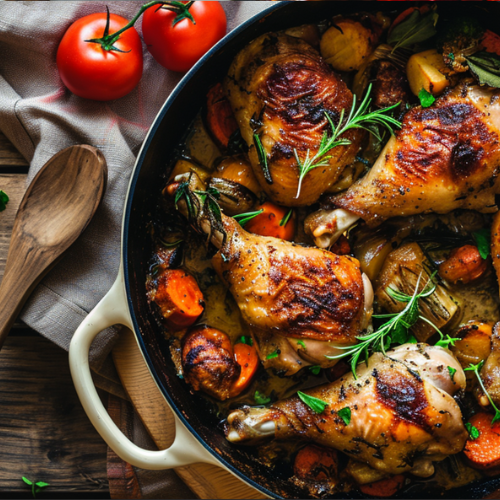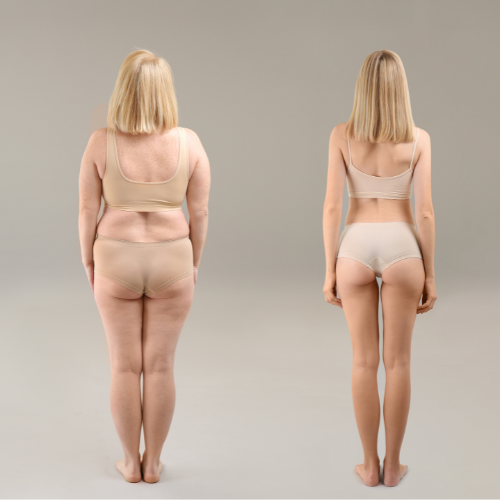Alcohol and calories: Facts every person on a diet should know
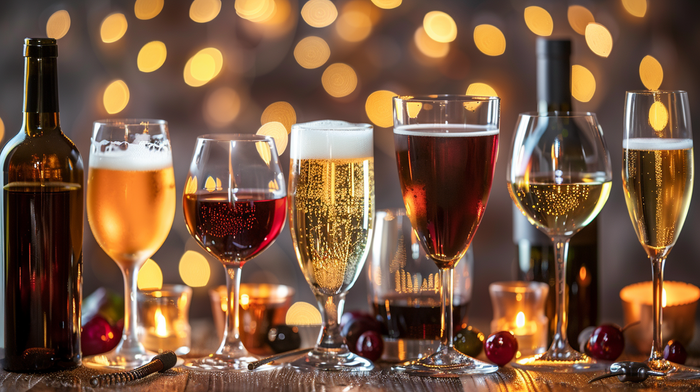
When we decide to diet or simply try to live a healthier lifestyle, we often focus on what we eat. However, it's equally important to pay attention to what we drink, especially when it comes to alcohol. Alcohol and calories are a combination that can significantly affect our efforts to lose weight or maintain a healthy diet. In this article, we'll take a look at how alcohol affects the caloric content of our diets and what facts every person who wants to take an informed approach to the topic of alcohol consumption while dieting should know.
Alcohol and calorie content
Alcohol is quite caloric. It contains about 7 calories per gram, which puts it second only to fats (9 calories/gram) in terms of calories. What's more, calories from alcohol are so-called 'empty calories,' meaning that they do not provide the body with any nutritional value. Consumption of alcohol can therefore significantly increase daily calories without contributing to nutritional needs.
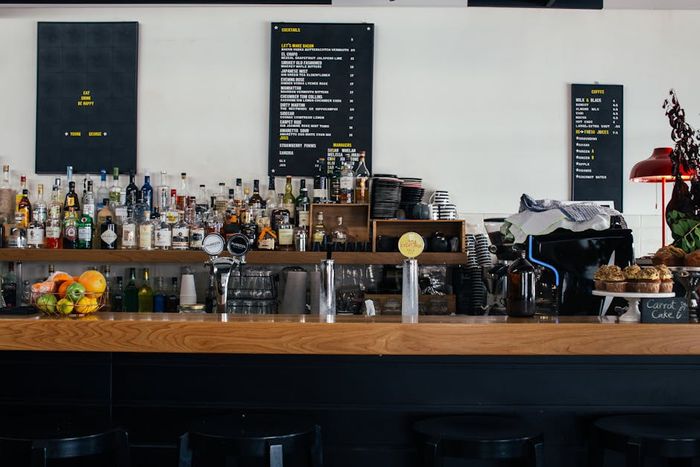
Effects of alcohol on metabolism
Alcohol consumption also affects metabolism. The body, in an effort to rid itself of toxins, switches to metabolizing alcohol, which can slow down the process of burning fats and sugars. In other words, when alcohol is in the body, the burning of calories from food can be temporarily halted, contributing to the accumulation of excess calories and, as a result, weight gain.
How to choose alcohol while on a diet?
If you don't want to completely give up alcohol while dieting, it's important to do so consciously. Here are some tips on how to choose alcohol to minimize its impact on the caloric content of your diet:
- Choose spirits with lower calorie content, such as dry wines and light beers.
- Avoid sweet cocktails and drinks with added sugar, as they are particularly caloric.
- Limit the amount of alcohol consumed. Even low-calorie alcohol in large quantities can contribute to the daily caloric balance.
- Drink water between alcoholic beverages to reduce the amount of alcohol and rehydrate your body.
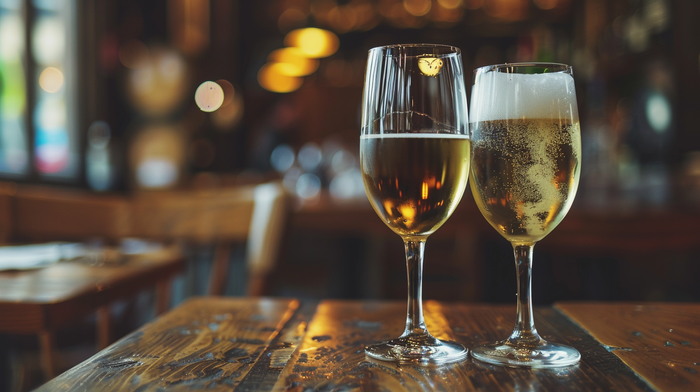
Alternatives to alcohol
If you want to further reduce calories from alcohol, consider choosing alternatives. Non-alcoholic beverages, such as lemon water, sugar-free sodas or fruit teas, can be a great way to replace alcohol at social gatherings. Not only will they help you stay in control of calories, but they will also have a positive impact on your overall health.
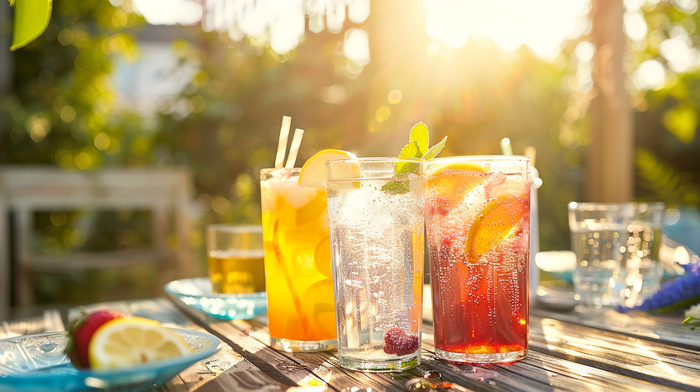
Summary
Alcohol can be a significant source of empty calories in the diet, negatively affecting our efforts to maintain a healthy weight. Understanding how alcohol affects the caloric content of our diets and taking a mindful approach to its consumption can help you achieve your nutrition goals. Remember, the key is moderation and choosing wise options that support your health and nutrition goals.

